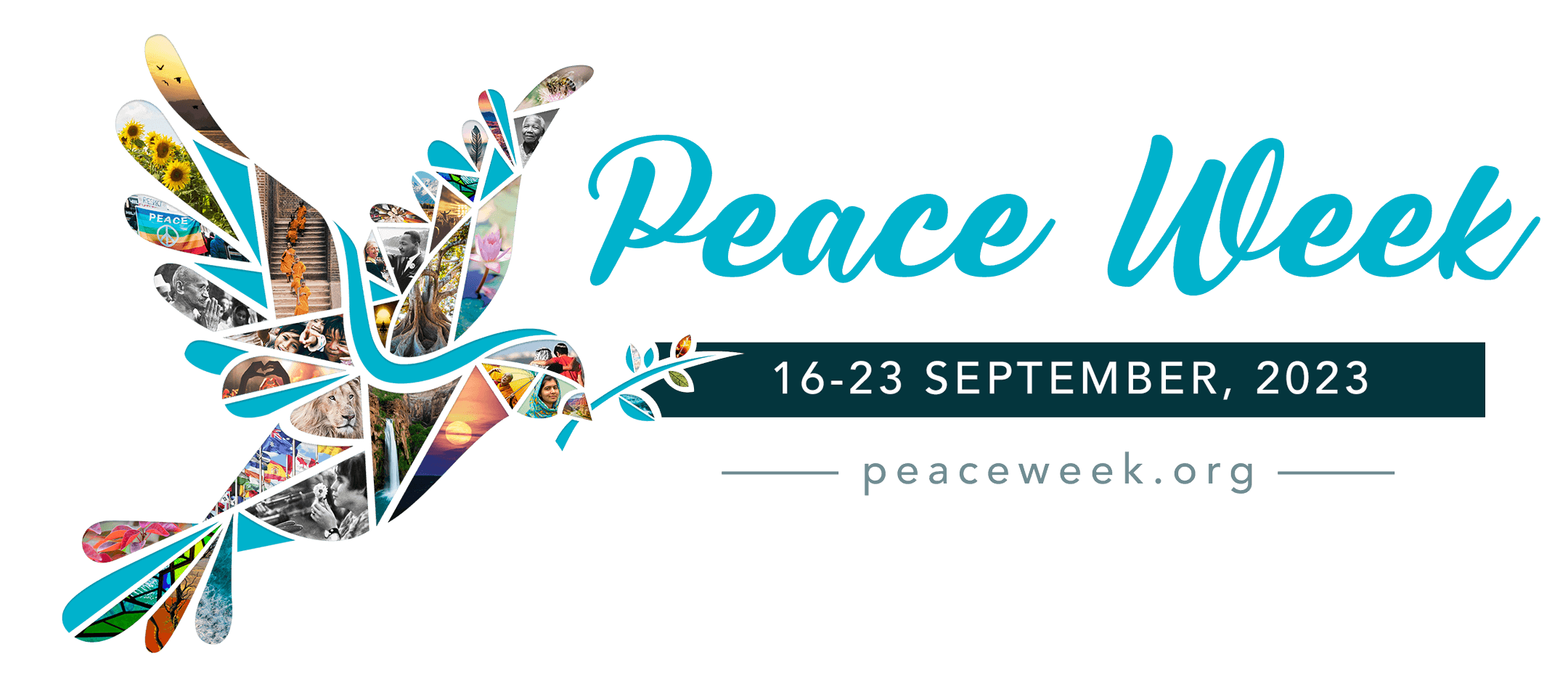Embracing Peace: The Significance of International Day of Peace and Peace Week
In a world often marked by conflict and division, there are moments of unity and hope that remind us of the importance of peace. One such moment is the International Day of Peace, observed on September 21st each year, and the broader Peace Week that often surrounds it. These observances serve as vital reminders of the power of peace and the role each of us can play in fostering a more harmonious world.
The International Day of Peace: A Beacon of Hope
Established by the United Nations in 1981, the International Day of Peace is a day devoted to “commemorating and strengthening the ideals of peace both within and among all nations and peoples.” It’s a day that transcends borders and cultures, inviting people worldwide to reflect on the value of peace and the actions needed to promote it.
At its core, the International Day of Peace serves several essential purposes:
1. Advocating Peaceful Resolution: It encourages the peaceful resolution of conflicts at all levels, from global disputes to interpersonal disagreements. Diplomacy, dialogue, and cooperation are highlighted as essential tools.
2. Raising Awareness: The day brings attention to pressing global issues, such as humanitarian crises and social injustices, emphasizing the need for collective action to address them.
3. Inspiring Unity: It fosters a sense of unity among individuals and nations, reminding us that we share a common responsibility for creating a more peaceful world.
Peace Week: Extending the Message
While the International Day of Peace holds a special place in the calendar, it often marks the beginning of a broader Peace Week. Peace Week is a time when communities, organisations, and individuals come together to engage in activities that promote peace and understanding.
You can see a full schedule of Peace Week events here.
Why It Matters: Supporting and Contributing to Peace Initiatives
Promoting Global Stability:
Peace is the foundation of global stability. A peaceful world is more likely to address and resolve conflicts, reducing the potential for violence and war.
Humanitarian Impact:
Conflict results in suffering, displacement, and loss of life. Peace initiatives directly contribute to alleviating human suffering and ensuring basic human rights.
Economic Prosperity:
Peace fosters economic growth and prosperity. Stable regions are more likely to attract investments, create jobs, and improve the living standards of their populations.
Cultural Exchange:
Peace events celebrate diversity and promote cultural exchange. They build bridges between communities, fostering understanding and tolerance.
Individual Empowerment:
Participating in peace initiatives empowers individuals to make a positive impact. It reminds us that we can all contribute to a better world.
As we begin Peace Week, let’s remember that peace is not a passive state but an active pursuit. It requires continuous effort, understanding, and a commitment to resolving conflicts through peaceful means. By supporting and contributing to these events, we not only honour the cause of peace but also take meaningful steps toward a brighter, more harmonious future for all.
How You Can Contribute:
– Attend Local Events: Look for International Day of Peace and Peace Week events in your community and participate actively.
– Educate Yourself: Learn about global issues, conflicts, and peace building efforts. Knowledge is a powerful tool for change.
– Promote Dialogue: Engage in conversations that bridge divides, and encourage empathy and understanding.
– Support Peace Organisations: Consider donating to or volunteering with organisations working to promote peace and alleviate the impact of conflict.
– Be a Role Model: Lead by example in your interactions with others, demonstrating the principles of peace and cooperation.
The International Day of Peace and Peace Week offer a chance for us all to be ambassadors of peace, inspiring change in our communities and beyond. Together, we can make strides towards a world where conflicts are resolved through understanding and dialogue, rather than violence and hatred.






